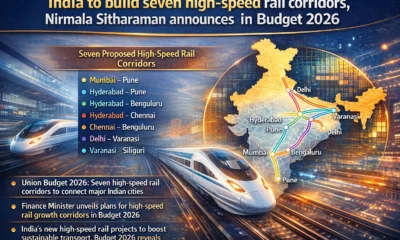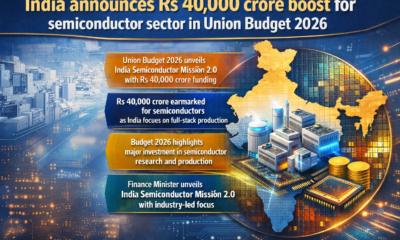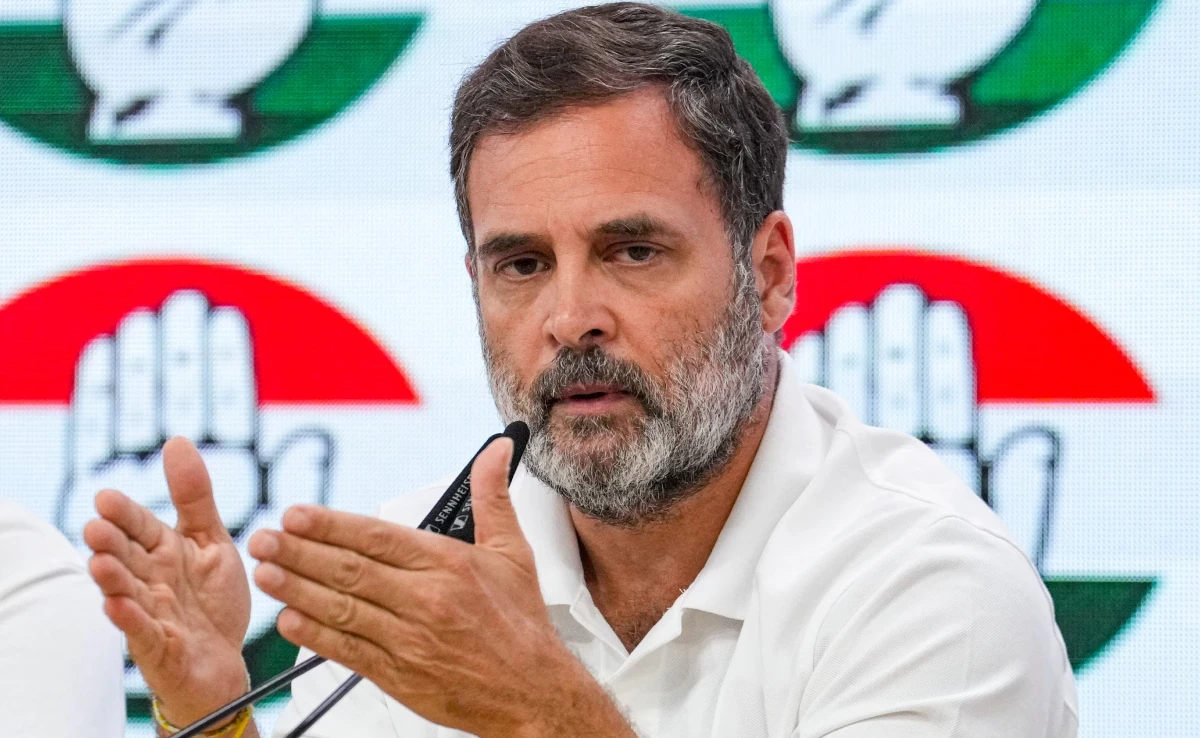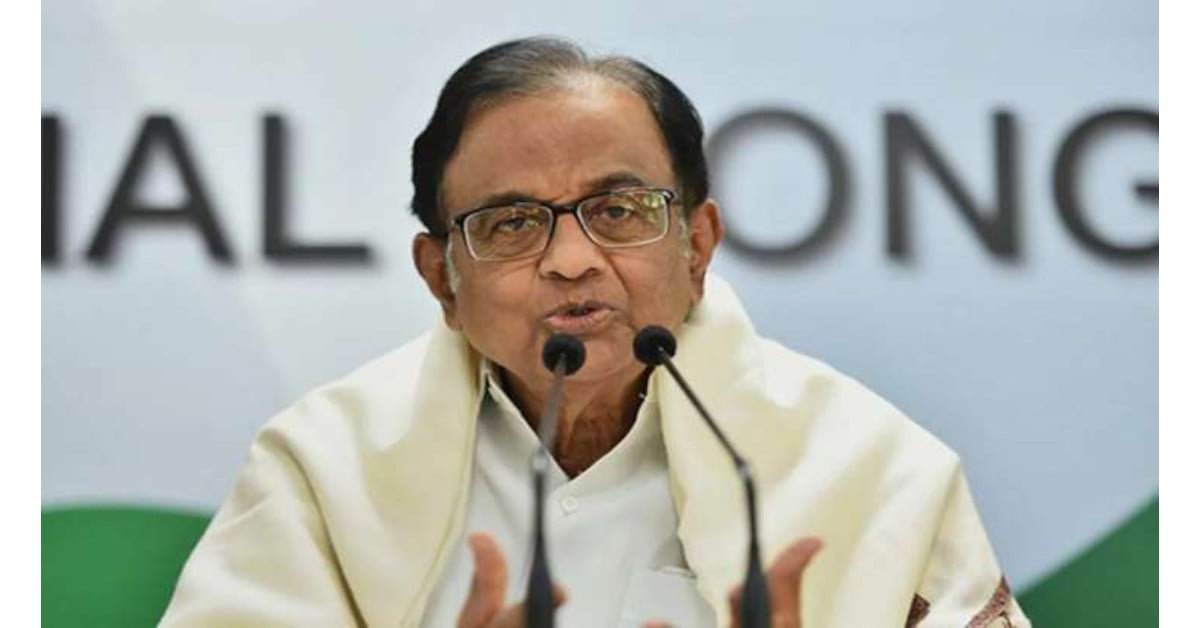India News
Economic Survey 2024: Economy likely to grow at 6.5 to 7 per cent in FY 25
The Economic Survey stated that the Indian economy is on a strong wicket and stable footing, showing resilience in the face of geopolitical challenges.
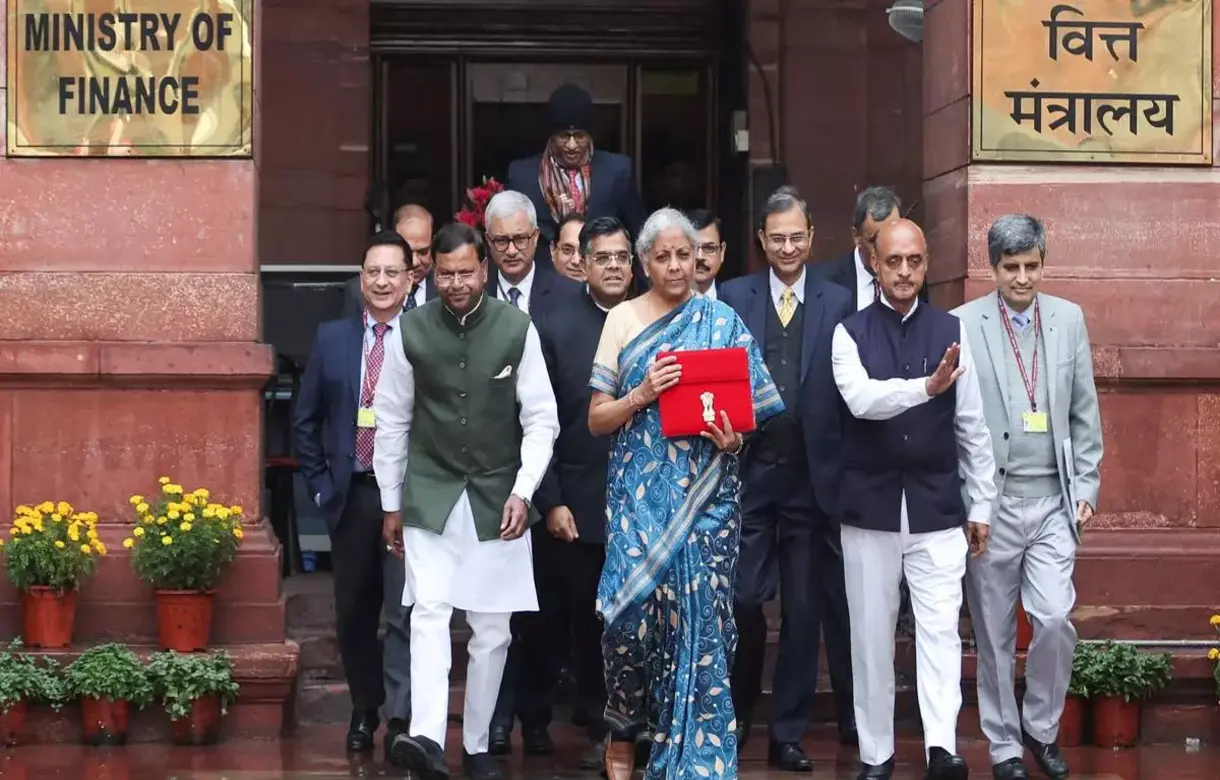
India News
Markets surge as Nifty jumps 750 points after India-US trade deal
Indian equity markets rallied sharply with Nifty and Sensex posting strong gains after the India-US trade agreement announcement.
India News
Rahul Gandhi, Rajnath Singh clash in Lok Sabha over ex-Army chief’s unpublished book on Ladakh
Lok Sabha proceedings were disrupted after Rahul Gandhi cited an unpublished book by former Army chief General MM Naravane on the Ladakh stand-off, drawing objections from Rajnath Singh and other BJP leaders.
India News
P Chidambaram avoids commenting on Trump’s dead economy remark echoed by Rahul Gandhi
Chidambaram stays silent on Trump’s ‘dead economy’ remark echoed by Rahul Gandhi as Congress critiques Union Budget 2026.
-
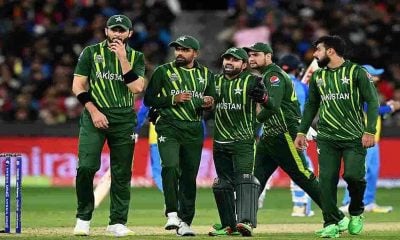
 Cricket news24 hours ago
Cricket news24 hours agoPakistan’s India boycott at T20 World Cup 2026 puts team at risk of ICC action
-

 India News23 hours ago
India News23 hours agoEarthquake of 4.6 magnitude hits Andaman and Nicobar Islands
-
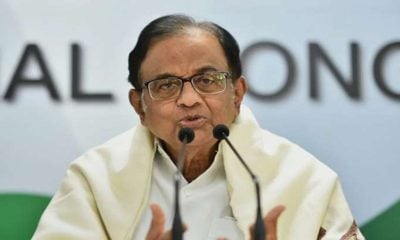
 India News23 hours ago
India News23 hours agoP Chidambaram avoids commenting on Trump’s dead economy remark echoed by Rahul Gandhi
-

 India News24 hours ago
India News24 hours agoParliament Budget Session 2026 set to begin with Lok Sabha debate on President’s address
-

 India News15 hours ago
India News15 hours agoRahul Gandhi, Rajnath Singh clash in Lok Sabha over ex-Army chief’s unpublished book on Ladakh
-
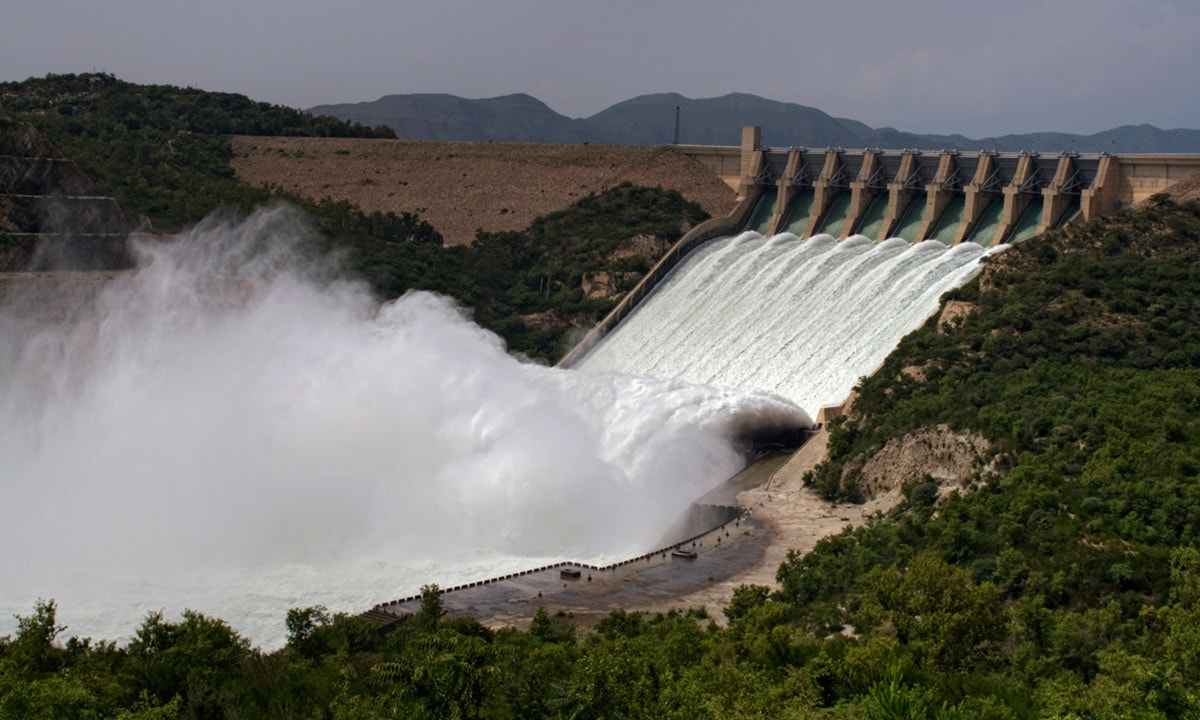
 Latest world news15 hours ago
Latest world news15 hours agoIndia rejects Hague court proceedings on Indus Waters Treaty
-
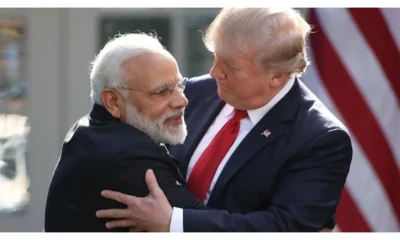
 Latest world news18 mins ago
Latest world news18 mins agoTrump announces trade deal with India, claims New Delhi will stop buying Russian oil
-

 India News6 mins ago
India News6 mins agoMarkets surge as Nifty jumps 750 points after India-US trade deal



